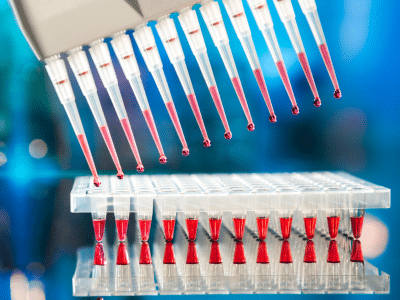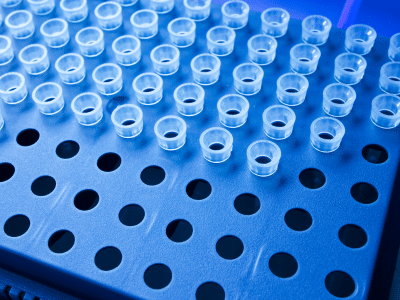How to treat allergies ? Our nature changes in spring, we see our environment getting more beautiful with all these colors.
Behind the beautiful nature is a wave of allergens!
Due to the large proportion of the allergic population, this is considered a public health issue.
In France, it is now considered that children are about 20% affected from the age of 9 and 30% for adults.
This means several millions of people will develop rhinitis, conjunctivitis and asthma,…
The RNSA (French aerobiology network in charge of the analysis of the air content in biological particles) has set up sensors in France to follow in real time the pollen level.
What does Allergy mean?
Our organism has a precision mechanism: the immune system.
This immune system aims to identify foreign substances such as viruses, parasites for example.
A natural reaction is activated when a foreign substance goes into the organism. The objective is to produce molecules able to identify this substance and remove it.
But sometimes the immune system does not have the right reaction and we observe an intolerance reaction to these substances called allergens.
Identify allergy to define the good treatment
How to treat allergy ? The first step is to identify the allergy origin through an allergological evaluation.
To control this, the patient will be exposed to various allergens and we will check if the symptom appears as a skin reaction.
It is possible to perform skin reactions called prick tests: small amounts of skin allergens are applied directly to the skin.
Sometimes, if the skin reaction tests are not effective, we can do a blood test for specific IgE antibodies to specific allergens.
How to treat allergies?
Allergic people have three options for treating their allergies – these treatments have different reactions on the immune system.
– Allergen suppression
– Treatment with an antihistamine
– Desensitization
Allergen removing at the origin of allergic reaction
Allergen suppression is a quick and appropriate solution for allergies to easily removable substances, which is not the case with pollen.
Treatment with an antihistamine
When you have an allergic reaction, your organism produces a molecule called histamine from the amino acid histidine; the antihisitamin will stop the histamine action to reduce the allergic reaction.
The antihistamine replaces histamine on the cell receptors and stops these actions.
Desensitization
Desensitization, commonly referred to as allergen immunotherapy, aims to allow the patient to become tolerant to the allergens responsible for his or her allergic reaction.
This takes a long time: a few years. The patient will often be exposed to specific allergenic extracts. This will have a direct impact on the immune response until a good tolerance is obtained.
It is also the only treatment that allows a modification of the patient’s allergic state.
It’s time to stock up on tissues to be able to enjoy this sunny Spring in your garden according to the advice of our gardener Pascal!




